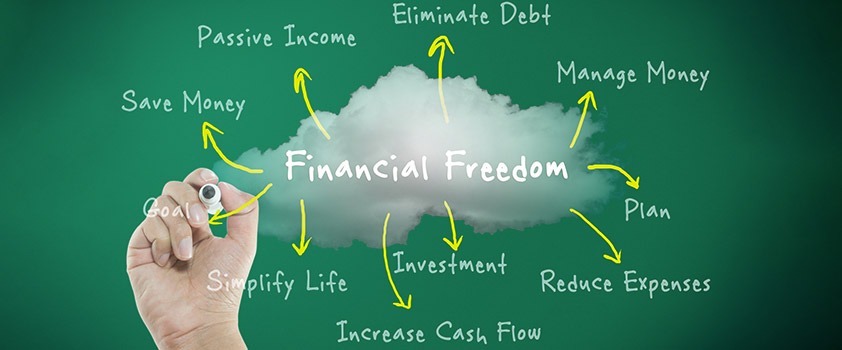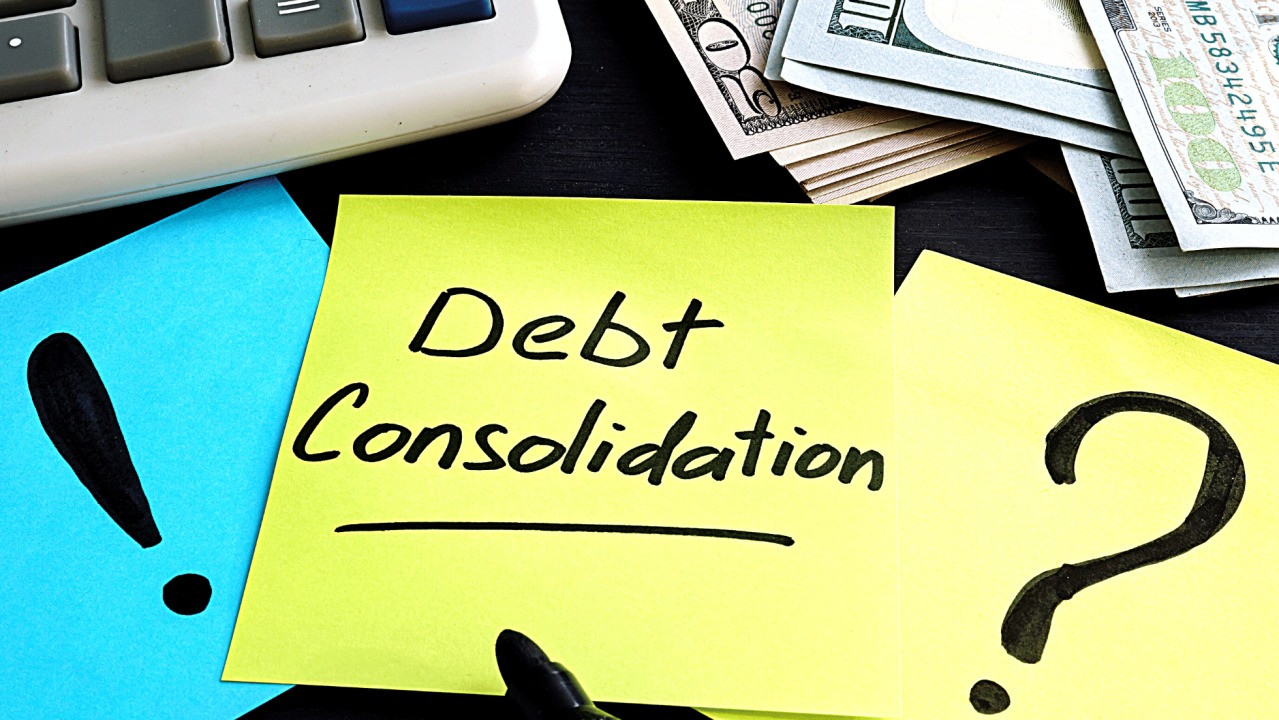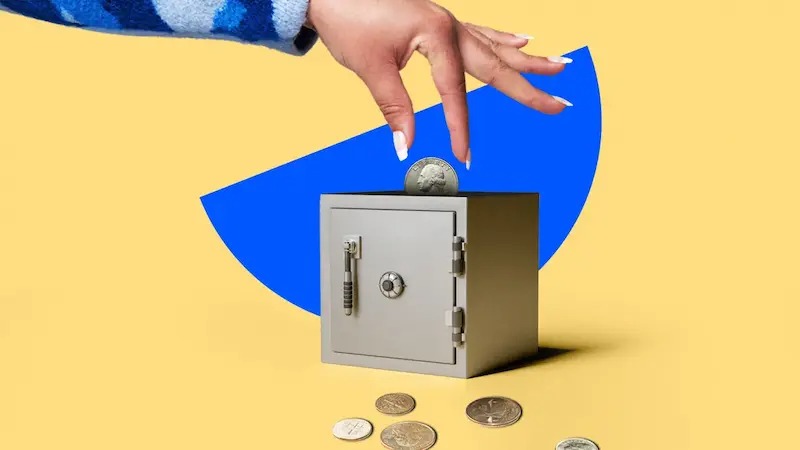Financial freedom refers to the state of having enough savings, investments, and cash flow to cover living expenses for the rest of your life without having to rely on a regular paycheck. It means having the flexibility to make choices based on your passions and values rather than financial constraints. Achieving financial freedom requires a combination of saving, investing, and managing debt effectively.

The Impact of Debt on Financial Freedom
Debt can be a significant obstacle to achieving financial freedom. High levels of debt can consume a large portion of your income, limiting your ability to save and invest. Additionally, the stress of managing debt can affect your mental and emotional well-being, making it difficult to focus on long-term financial goals. Addressing and paying off debt is a crucial step towards financial freedom.
Strategies to Overcome Debt
-
Assess Your Debt Situation:
- List All Debts: Make a comprehensive list of all your debts, including the amount owed, interest rates, and minimum payments.
- Prioritize Debts: Identify which debts have the highest interest rates and prioritize paying them off first to reduce overall interest costs.
-
Create a Budget:
- Track Income and Expenses: Develop a budget that tracks your income and expenses, and allocate funds towards debt repayment.
- Cut Unnecessary Expenses: Identify areas where you can reduce spending and redirect those funds towards paying off debt.
-
Increase Your Income:
- Side Hustles: Consider taking on a side job or freelance work to increase your income and allocate more funds towards debt repayment.
- Sell Unwanted Items: Sell items you no longer need to generate extra cash for debt repayment.
-
Negotiate with Creditors:
- Lower Interest Rates: Contact your creditors to negotiate lower interest rates or more favorable repayment terms.
- Consolidate Debt: Consider consolidating multiple debts into a single loan with a lower interest rate to make repayment more manageable.
-
Use the Snowball or Avalanche Method:
- Snowball Method: Pay off your smallest debts first, regardless of interest rates, to build momentum and motivation.
- Avalanche Method: Focus on paying off debts with the highest interest rates first to minimize overall interest costs.
-
Build an Emergency Fund:
- Save for Emergencies: While paying off debt, also focus on building an emergency fund to cover unexpected expenses and avoid taking on more debt.
Building Financial Freedom After Paying Off Debt
-
Save and Invest:
- Emergency Fund: Ensure you have an emergency fund covering 3-6 months of living expenses.
- Retirement Savings: Contribute to retirement accounts, such as 401(k)s or IRAs, to build long-term savings.
- Diversified Investments: Invest in a diversified portfolio of stocks, bonds, and other assets to grow your wealth.
-
Live Below Your Means:
- Spend Less Than You Earn: Maintain a lifestyle that allows you to save and invest a significant portion of your income.
- Avoid New Debt: Be cautious about taking on new debt and ensure that any new debt is manageable and aligned with your financial goals.
-
Set Financial Goals:
- Short-Term Goals: Set achievable short-term financial goals, such as saving for a vacation or a down payment on a home.
- Long-Term Goals: Establish long-term financial goals, such as retirement planning or starting a business.
Conclusion
Achieving financial freedom requires a committed approach to managing and paying off debt, as well as building a secure financial future. By assessing your debt situation, creating a budget, increasing your income, negotiating with creditors, and using effective repayment methods, you can overcome debt and take control of your finances. Building an emergency fund, saving and investing, living below your means, and setting financial goals will help you achieve financial freedom and pursue your dreams without financial constraints.



